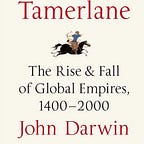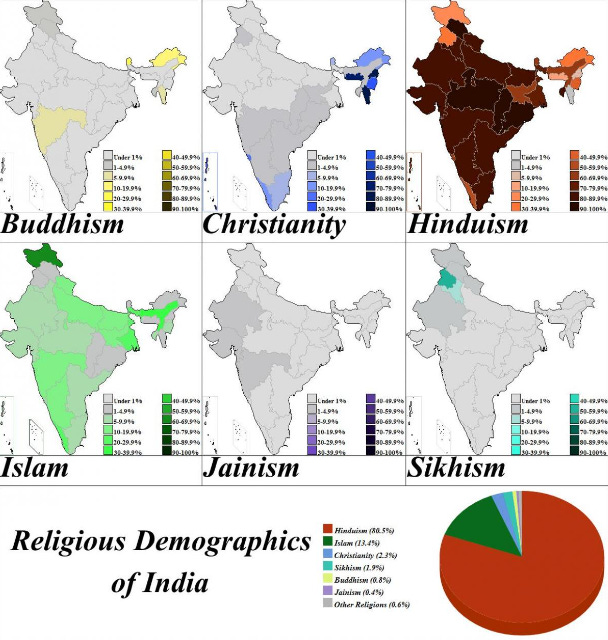I have written a number of posts about the enormous profits of US tech companies, and how they are comparable to profits of the East India Company. The implication was that at some point, there would be an “anti-Empire” movement, that would directly attack the structure of these companies. On the surface of it, it is very easy to compare Pax Americana to the British Empire. At its peak, the British Empire ran through large chunks of the America, Africa, Asia and Oceania.
Comparing the British Empire to the reach of the US military today, shows a similar type of dominance. If anything US influence is concentrated in rich countries, rather than developing countries.
Does the rise and potential fall of a “US Empire” lead to any tradable ides? Well following this line of thinking does yield some interesting analysis, namely on FTC anti-monopoly actions, and on tax policy of the US and Ireland. And both areas are certainly areas I would keep an eye on as change is potentially coming. However, the problem with this analysis was that the decline of the British Empire could be directly traced through British lost of control as various countries gained their independence. It is very hard to find an equivalent feature in current global politics. However, a few months ago, the Economist recommended “After Tamerlane - The Rise & Fall of Global Empires, 1400 -2000” by John Darwin as an interesting book on the idea of empire. The first chapter is incredible in its iconoclastic thinking of empire. And I have been taking in those ideas, and trying to apply them to the world we see today.
As we are talking from 1400s to to today, we are only looking at the Eurasian megacontinent - stretching from the British Isles to Indonesia and from Russian to North Africa. Within this Eurasian mega continent, there are three different empires, competiting for power and influence. They are European, Islam and China. Or alternatively, you could call these Empires, Christian, Islamic and Confucian. The point here is that these empires used religion to define and sustain them. From this perspective, the schisms between Protestant and Catholics was/is a battle for control of the “Christian empire”, likewise the schism between Sunnis and Shias was/is a battle for control of the Islamic empire. The Chinese centred Confucian empire included East Asia (Japan and Korea). Until the rise of the Americas as extensions of the European empire, Islam was probably the dominant Empire. Stretching through all of North Africa, Southern Russia, India, and South East Asia. The Christian Empire stretched from Western Europe through Russia. And the Confucian empire included China, Korea, Japan as well as deeply influential on Indochina. With these observations, all major conflicts can be identified as one two types. A battles between empires, or a battle within empires.
So, what does this mean for modern Empire and geopolitics? So first, we need to reinterpret 20th century history through this lens of Empire. For most of the post World War II period, the Cold War dominated geopolitics. USSR vs the Free World. Using this new thinking, the Cold War was about American and USSR fighting for control of the European empire. And Communism, with its anti-Imperialism and anti-religion ideas was able to pick up various non-European allies such as China and India. The European Empire dominated the world in the post World War II period. Japan has allied with the West to try and continue to dominate the Confucian empire, and keep China at bay. That is Japan is not within a Christian or European empire, but aligned with the Europeans to dominate the Confucian empire. Russia has aligned itself with China, to try and build greater influence within a European empire.
Continuing this analysis further, countries that are relatively religiously homogenous are likely to be stable. Most of Russia is religiously homogenous, and stable, except for the Muslim majority region, Chechnya. Other nations and regions where the borders of this large empires clash internally would include, Malaysia, Nigeria, The Balkans, Myanmar, Cameroon among others.
Using this analysis, we can explain much of the politics we now find on the right. For decades, the dominance of European empire was unchallenged, with both China and the Middle East locked internal power struggles. However, as China resolved its internal struggle, it has grown more and more powerful. The rise of China has led to the old fissures of Empire to be reopened. For me, it explains why the rise of China has seemingly also opened up a more profound nationalist and religious aspect to politics. How does fear of rising China, lead to bans on veils and and trying to reduce Muslim immigration? They should seemingly be unconnected, but in fact it is the return of old empirical politics.
The rise of China has led the European/Christian empire to ally itself with India. For centuries, India was under Islamic rule, and influence. India was ruled by the Mughals for over 300 years, and when you included Pakistan and Bangladesh populations back into a Raj India, Muslims made up over third the total population. Under Modi, India is carving out a new Hindu empire. Or in other words, political and religious power are becoming intertwined, as they are in the other great empires. The implication is that in 20 years we will have a 4 way geo-political battle between European, Islamic, Confucian and Hindu world. The signs of this new Hindu empire being in conflict with the rest of the world is already undeniably apparent. Border clashes with Pakistan, and China are part of this. So is the recent assassination of a Sikh leader in Canada. But with 20% of India’s population still Muslim, there is no question that some sort of severe political event in India is coming.
What does this mean? Globalisation and capitalism both had at its core a globalised consumer, where nationality and religion were not important. Consumerism was the global religion. No longer. Nationalism and religion are going to become more important. And for the first time in history, the idea of a Hindu empire, and all that means will be a huge factor in geo-politics. To make an analogy, religion are the geopolitical tectonic plates of the world. They can be dormant for long periods, but when this plates begin to more, political earthquakes ensue. India, sits at the heart of a new tectonic plate, expect a geo-political earthquake at some point.
















